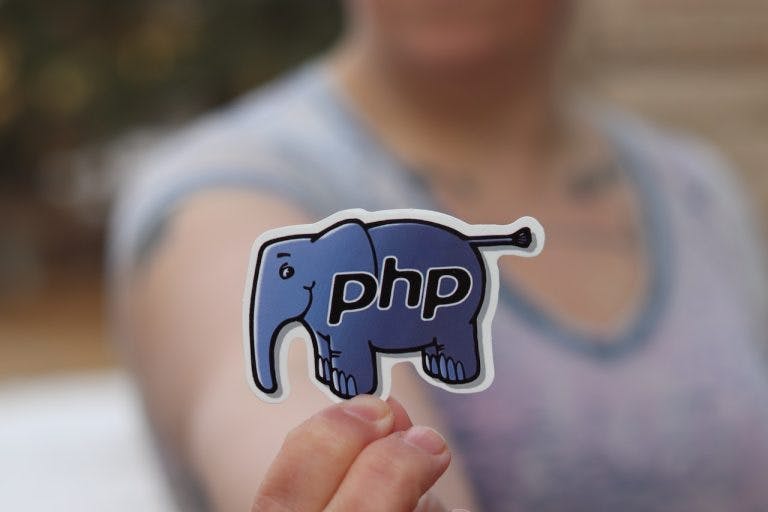
How React Render and Commit Works
React is a JavaScript library that creates user interfaces by separating the design into individu...

PHP Was Dead 10 Years Ago, Right?
Ten years ago, tech pundits predicted the demise of PHP in web development. They claimed that the...

The importance of SEO in Digital M...
Digital marketing is a powerful tool modern businesses use to connect with their target audience,...

Accelerate Your Business Growth th...
Digital transformation is no longer optional for companies looking to accelerate their growth and...

How to Create a Custom Router Clas...
Are you looking for a way to hide your .PHP extension from the URL and secure your app. This arti...

Cloud Computing Infrastructure: Ev...
Cloud computing is renting a broad and complex infrastructure setup to provide cloud services and...

Node Js vs JavaScript
We think of JavaScript when designing a dynamic and interactive website and Node Js for backend d...

What is the best OS for Web Server...
The foundational software on your web server is an Operating System (OS.) Linux is the most ...

Learn Why the 68-Year-Old Platelet...
You might know about platelets and how they merge with damaged blood vessels to stop bleeding and...

8 Reasons Why Virtual Reality Simu...
The only limit to how healthcare professionals can use VR is their creativity. Here, we believe t...

Text Message Scams Targeting Denti...
Fake text messages from scammers pretending to be local banks and institutions account for the la...

Difference Between Cloud Storage a...
Cloud technology service providers rarely spell out the terminology they use. You might find comp...